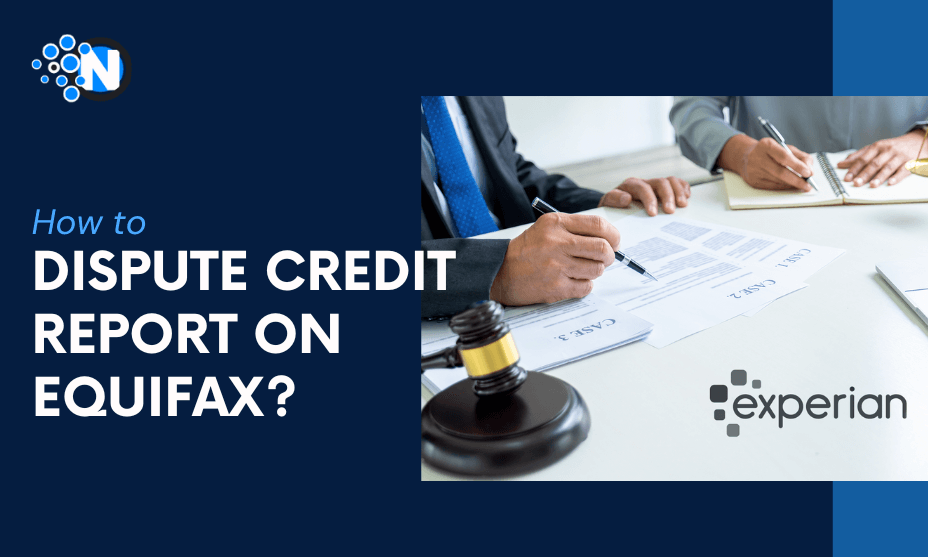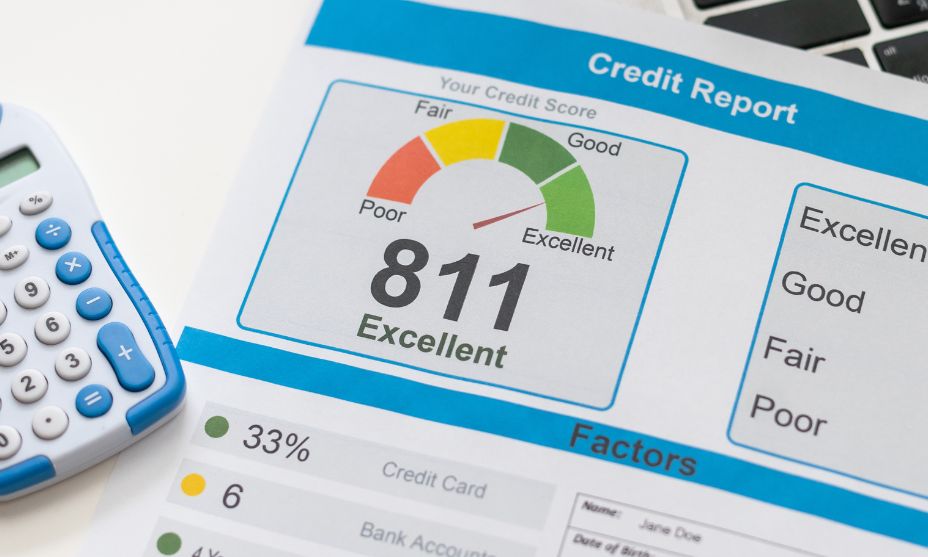How to Dispute Credit Report on Equifax?

When someone wants to apply for an auto loan, credit card or apartment mortgage, one of the big three major credit reporting agencies in America is contacted by lenders to check creditworthiness. As one of the three such major credit reporting agencies, people depend on Equifax to give lenders accurate, up-to-date and reliable credit reports. But when those reports are purely inaccurate and unreliable, it is the consumer who loses an opportunity to take out a loan or to receive softer terms because they do not meet the Credit Bureau’s criteria.
If an error or inaccurate information appears on your Equifax credit report, then you may dispute it. There are many laws that enable such a scenario and also mandate Equifax to handle the dispute by investigating it, in case you find an error on your credit report. We have prepared this article for you to help dispute a credit report from Equifax.
What’s in an Equifax Credit Report?
Lenders rely on the Equifax reports to reduce the risk they are exposed to by lending you money. Thus, an Equifax credit report represents a rather comprehensive and also detailed account of your financial past. It covers every statistic about you that is purchasable from any credit bureau whether it’s personal, name and address-wise, or account related. Equifax obtains all these data from the financial institutions and existing lenders, processes them into a report and sells that report to the potential lending companies. The report is then evaluated by the potential lenders who determine whether to provide a loan with what terms.
Due to the large volume of data shared between Equifax and the financial institutions as well as how quickly they exchange this information, mistakes do occur. The errors can be something as simple as spellings in your name leading to many blunders all the way from closed accounts misidentified as outstanding, unacknowledged payments and also identity fraud-caused damages. Small errors can really ruin your credibility. As attorneys for consumers, we do not believe you should pay for someone else’s errors.

How to Dispute your Equifax Credit Report
There is a federal law, the Fair Credit Reporting Act (the “FCRA”), that outlines the rules by which Equifax must treat consumer data and disputes when that data is wrong. We have summarized these steps, added some of the lessons we have learned from our many years of experience, and prepared the following list.
Step 1: Obtain Your Credit Report
We recommend regularly reviewing your Equifax credit report so you can identify errors before they result in a loan denial. The FCRA requires Equifax to provide you with a free credit report. You can obtain a free credit report every week. Visit the Equifax website at www.equifax.com, scroll down to “Request a Free Credit Report,” and follow the instructions.
Step 2: Review the Report
Review your report for any discrepancies. This will require more scrutiny than a quick scan. Confirm that all spellings are correct, that all dates of credit line openings and closings are accurate, that all payments are reflected, and that there are no false late payments and no false negative information. Every section – personal information, credit history, and public information – requires a thorough review. This takes time but can save you money in the long run.
Step 3: Gather Supporting Documents
When you do find an inaccuracy, gather the records that support your position and prove that the Equifax credit report is inaccurate. This will likely include bank statements, confirmation letters from creditors, or identity theft reports. You can print screenshots and online records and contact financial institutions to resend statements if necessary.
Step 4: File a Dispute with Equifax
Send a short letter to Equifax describing the mistake in your credit report and tell them why this is an error. Attach a cover letter that includes your name, address, relevant information and also copies of the documents you gathered to support your case. Whereas there is a provision to file dispute with Equifax either online or by phone, filing the letter through certified mail should be considered. This ensures that you have your communication history with Equifax and can sue Equifax if, at all, it is necessary. Mail your letter to: Equifax, P.O Box 740256 Atlanta GA303-94
Step 5: Follow Up
The FCRA requires Equifax to look into your complaint and respond within 30 days. If not, contact Consumer Attorneys. The consumer can easily contact their experienced attorneys, who evaluate your case accordingly and help to take the appropriate action. You should never hesitate to contact them. However, if Equifax breaks the FCRA, then they should be punished. Furthermore, if the mistake or inaccuracy associated with your credit report has already caused harm to you such as denial of a loan; getting approved for one but with negative terms like high-interest rates than what is fairly applicable can prompt litigation.
Do I Really Need an Attorney?
The short answer here is “No.” Technically, you do not need an attorney to file a credit report dispute with Equifax. But Equifax is a large and very profitable company. It knows how to defend and position itself in matters involving credit dispute errors. Having an attorney by your side helps even the playing field. A good consumer attorney can:
- Offer legal expertise. Attorneys for consumers should know the FCRA, know what it requires of Equifax, and know the rights it affords consumers. Furthermore, other relevant laws might come into play. An attorney will know how to use those to your advantage. Along with substantive laws, a good consumer attorney will know court procedures and know which jurisdiction in which to file your case to maximize your recovery.
- Resolve disputes effectively. An attorney’s experience will help them know when it is time to negotiate a settlement and how to negotiate the best settlement for you.
- Preserve your rights. Consumers can accidentally waive their rights if they are not careful. An attorney can help you protect your rights during your dispute with Equifax, as well as future rights.
- Identify additional issues. In some cases of identity theft or fraud, your dispute will require additional steps and additional legal intervention. Every case is different, so you never what problem might arise until they do. A consumer attorney will help you identify those issues and help you resolve them.
Ending Note
Inaccuracies and errors in your Equifax credit report can severely and negatively impact your financial well-being. You have the right to dispute these errors. Disputing them effectively with the help of an experienced consumer attorney is the best way to hold Equifax accountable and get you the compensation you deserve.




